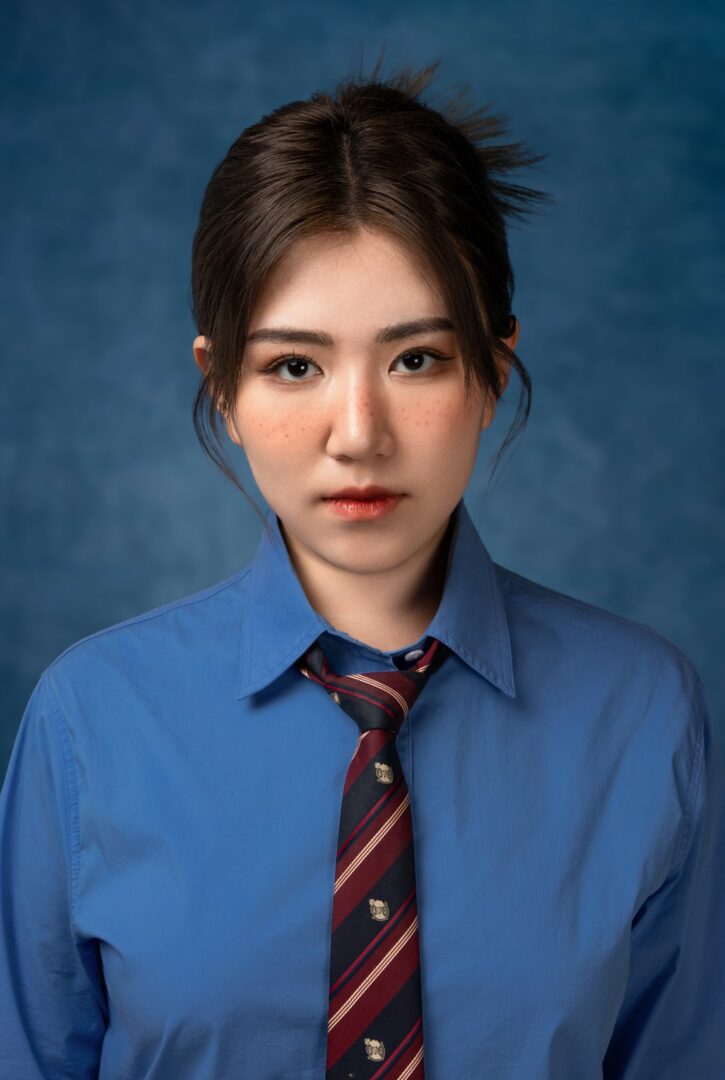We caught up with the brilliant and insightful Jassy Yuan a few weeks ago and have shared our conversation below.
Jassy, thanks for taking the time to share your thoughts with us today. We’re excited to dive into your story and your work, but first let’s start with a broader topic that might be stopping many of our readers from pursuing their dreams – haters, nay-sayers, etc. How have you managed to persist despite haters and nay-sayers that inevitably follow folks who are doing something unique, special or off the beaten path?
A quote I deeply resonate with is, “We cannot leave this world to those we despise.” As I’ve grown older and stepped into my professional life, this statement has taken on greater meaning for me. When asked how I persist in the face of adversaries and opposition, I have two thoughts:
First, it’s crucial to understand that in such a vast world, most people will be different from you. Differences in thought and opinion are the norm. Just as there are people who admire and support you, there will inevitably be those who misunderstand, despise, or reject you. This balance, much like the concept of yin and yang in Chinese philosophy, reveals that harmony is born from opposition—light exists within darkness, and darkness within light. The key to navigating this truth is to accept the inevitability of adversaries and opposition. Their existence is not only natural but also necessary, and maintaining a calm, composed mindset is vital.
Second, if your values are firm and you believe that your vision and mission deserve recognition, you must become strong. “The righteous must be powerful,” because we cannot allow injustice, evil, and corruption to dominate the world. Those who carry the torch of justice and positive energy must recognize the responsibility they bear—a responsibility that includes overcoming fragility, enduring harm, and relentlessly confronting malevolence until they prevail. To be born for righteousness means relinquishing the right to weakness. The adversary will always seek to exploit it. Therefore, opposition should be viewed as an opportunity for growth, a challenge to strengthen oneself, until you are not just equal but the victor.
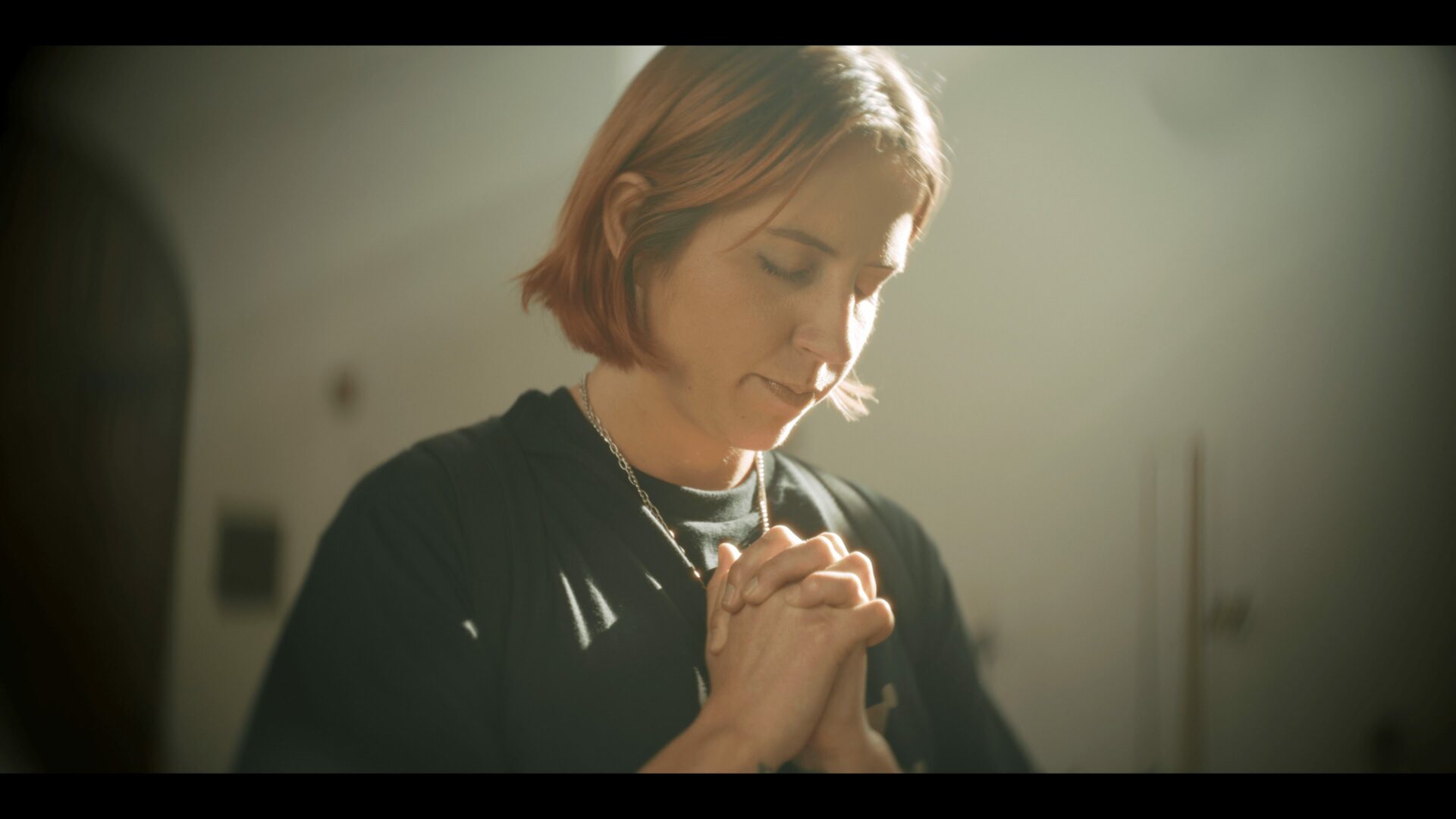
Thanks for sharing that. So, before we get any further into our conversation, can you tell our readers a bit about yourself and what you’re working on?
I am a filmmaker, and I’ve just completed my MFA degree. I am proud to introduce my thesis film: DREAMATIC. Your first reaction might be, “Is that even a word in English?” Yes—it is, because I created it. Just like “dramatic” stems from “drama,” I coined “dreamatic” to express the idea that a dream can be realized, it can come to life. Life can be lived as vividly as one’s dreams, as long as you dare to start creating them.
The story centers around Sophia, a girl of unremarkable qualities apart from her exceptional singing talent. When she learns that her music idol will be holding auditions for a backup singer at her school, her self-doubt keeps her from joining, despite her gift. At this point, Maggie, her clever and popular classmate, suggests they collaborate in a lip-syncing act—Maggie would perform onstage while Sophia sings from behind the scenes. Maggie promises Sophia various benefits, and the shy, introverted girl sees this as her only way into the audition, so she agrees.
However, during the tense rehearsal process, Sophia begins to awaken. Encouraged and praised by Maggie, she starts to recognize her own extraordinary singing abilities. When she eventually realizes Maggie’s true intentions of using her for personal gain, Sophia decides to fight back. In a confrontation just before the audition, she reclaims her right to perform, overcomes her stage fright, and dares to sing out loud for herself.
Through this story, I want to inspire people to never back down in the face of adversaries, but rather to rise, fight, and reclaim their rights and talents. Sing for your dreams.

Looking back, what do you think were the three qualities, skills, or areas of knowledge that were most impactful in your journey? What advice do you have for folks who are early in their journey in terms of how they can best develop or improve on these?
I believe the most important quality is honesty—honesty with oneself and with others. It’s crucial to have the ability to question your inner self, to face who you are, whether that self is flawed or successful, vulnerable or strong. What matters is that you have the courage to confront the truth of who you are.
The second most important ability, in my view, is reflection—reflection on everything. Reflect on the past to understand how you can do better in the future; reflect on the present to observe every thought and emotion that arises within you. Like peeling an onion, trace each layer of your consciousness to the root of your thoughts—that’s where the real you, and your true desires, reside.
The third key ability is gratitude. Always cultivate a grateful heart, focusing on what you have rather than what you lack. Embrace everything that happens and be grateful for it, even the bad days. Recognize that your enemies and challenges are also there to help you grow, and often, it’s adversity that accelerates your growth the most. Overcoming hardship gives you the invaluable experience of transcending a particular kind of pain, ensuring that it won’t trouble you again.
For those just beginning their journey, I strongly recommend the practice of daily meditation or spiritual development. The root of everything is internal; learning to seek within rather than look outward is a lesson everyone must master. Your inner self holds all the answers you’re searching for. Engage in that dialogue, and begin the exploration.
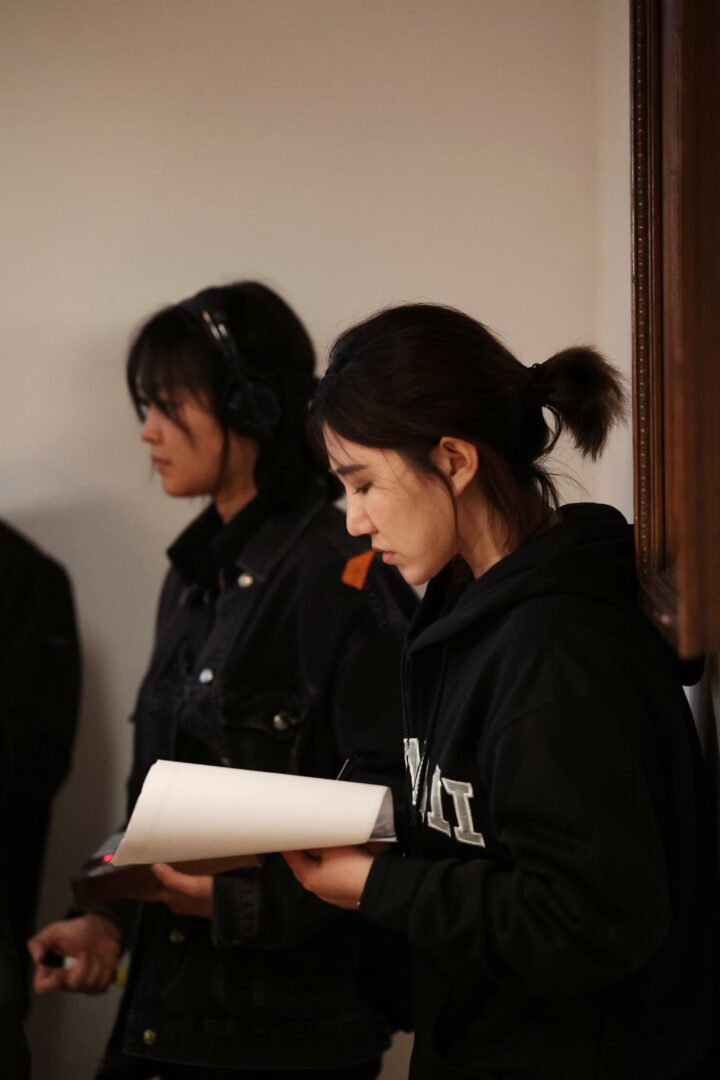
Looking back over the past 12 months or so, what do you think has been your biggest area of improvement or growth?
The past 12 months have undoubtedly been one of the most difficult years of my life. Both of my grandmothers, the last two surviving members of my grandparents’ generation, passed away one after the other. I was deeply connected to them, but due to studying abroad, I wasn’t able to see them in their final moments, nor was I able to accompany them during the last stage of their lives. The guilt and regret from this absence nearly overwhelmed me, combining with other challenges I was facing to the point where I felt like I, too, wanted to leave, unable to bear the weight.
However, it was precisely through their departure that they taught me one last important lesson: death is not the end of life, but merely a transformation once life’s journey has been fulfilled. Those who remain must never see death as an escape, a way to flee from reality simply because they feel powerless to face it. That’s a mistake—death is not a release. It is the natural conclusion of a soul’s journey in this world, once all the lessons have been learned and paths traveled. The passing of loved ones undoubtedly leaves a lasting sadness, but through their departure, they remind us—those of us still living—that we must bravely live out our finite lives with a boundless spirit. Their absence teaches us to embrace life fully and create infinity within our limited time.
Contact Info:
- Instagram: https://www.instagram.com/jassyyuan___?igsh=YTQwZjQ0NmI0OA%3D%3D&utm_source=qr
- Linkedin: https://www.linkedin.com/in/jassy-yuan-a491041a5?utm_source=share&utm_campaign=share_via&utm_content=profile&utm_medium=ios_app
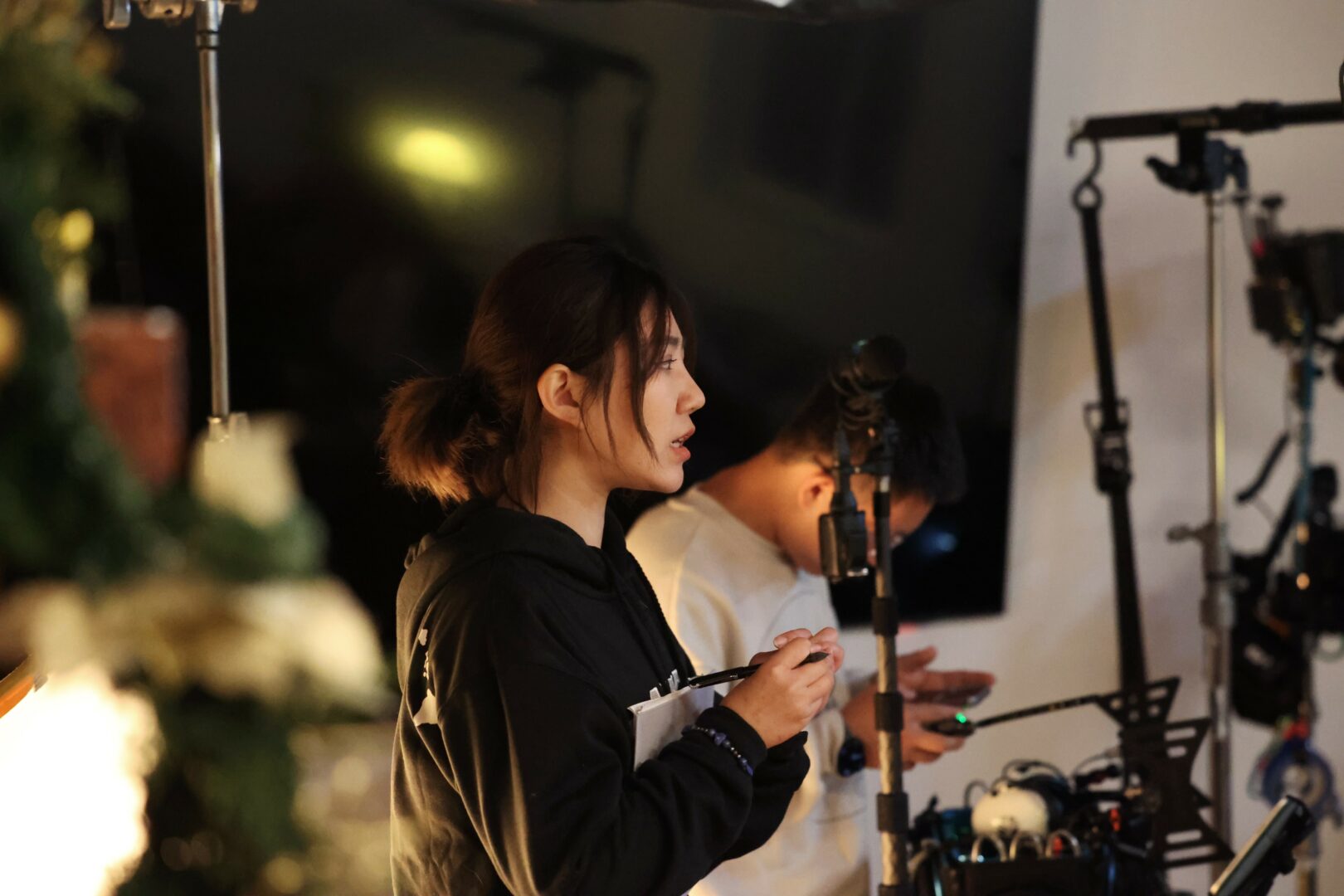
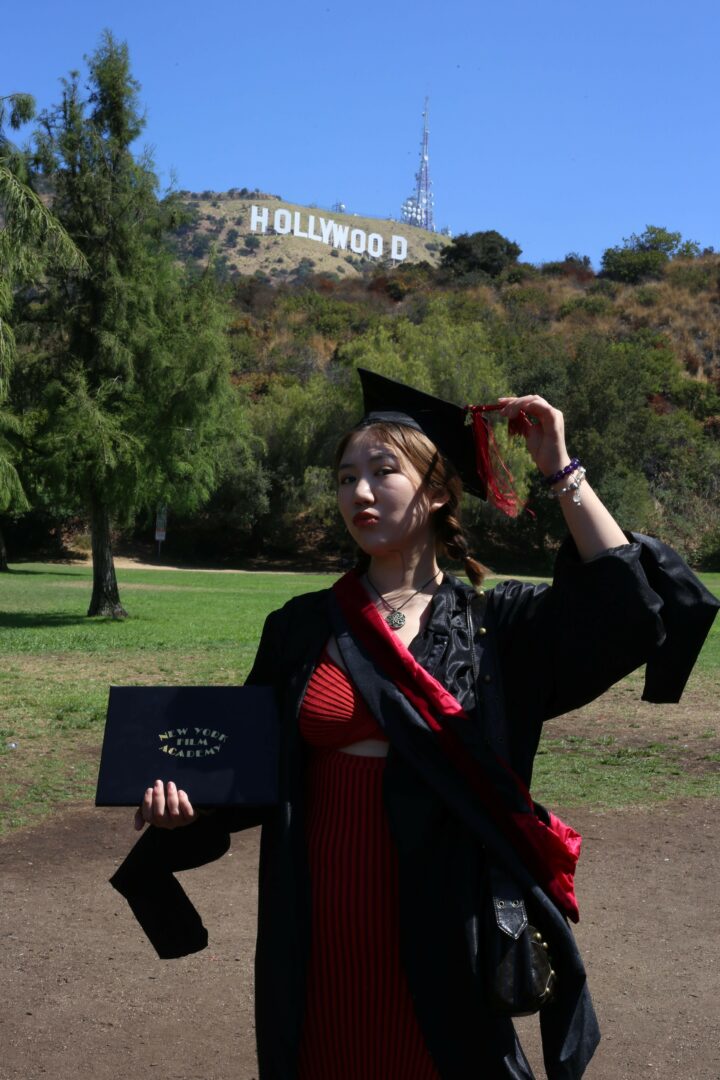
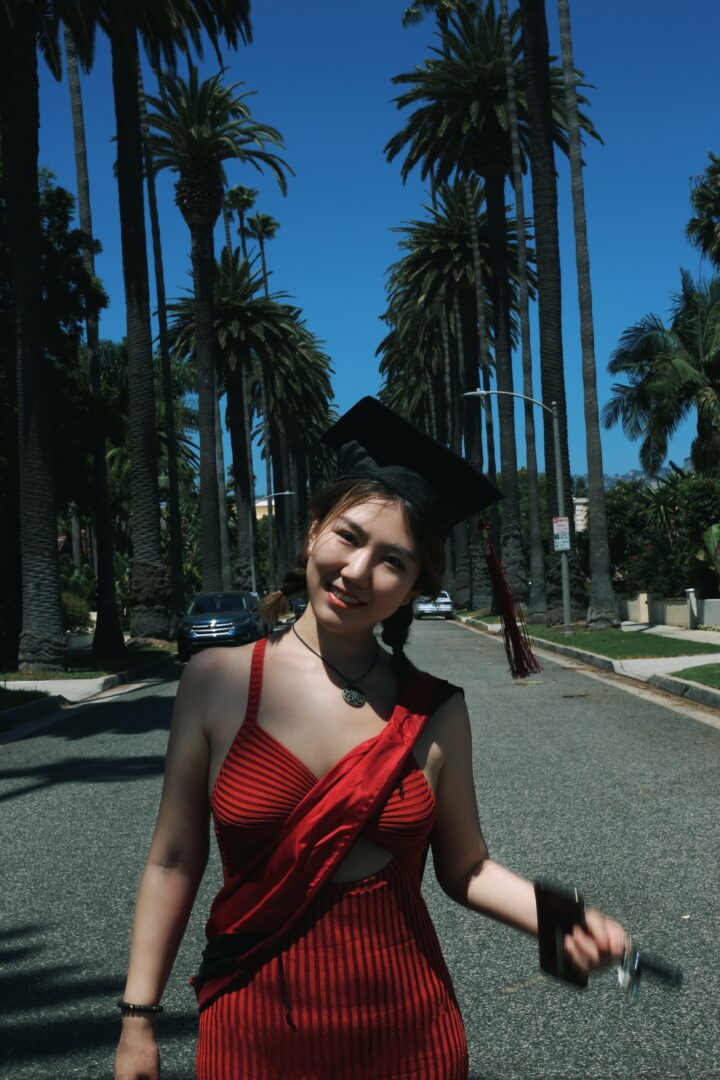
so if you or someone you know deserves recognition please let us know here.

